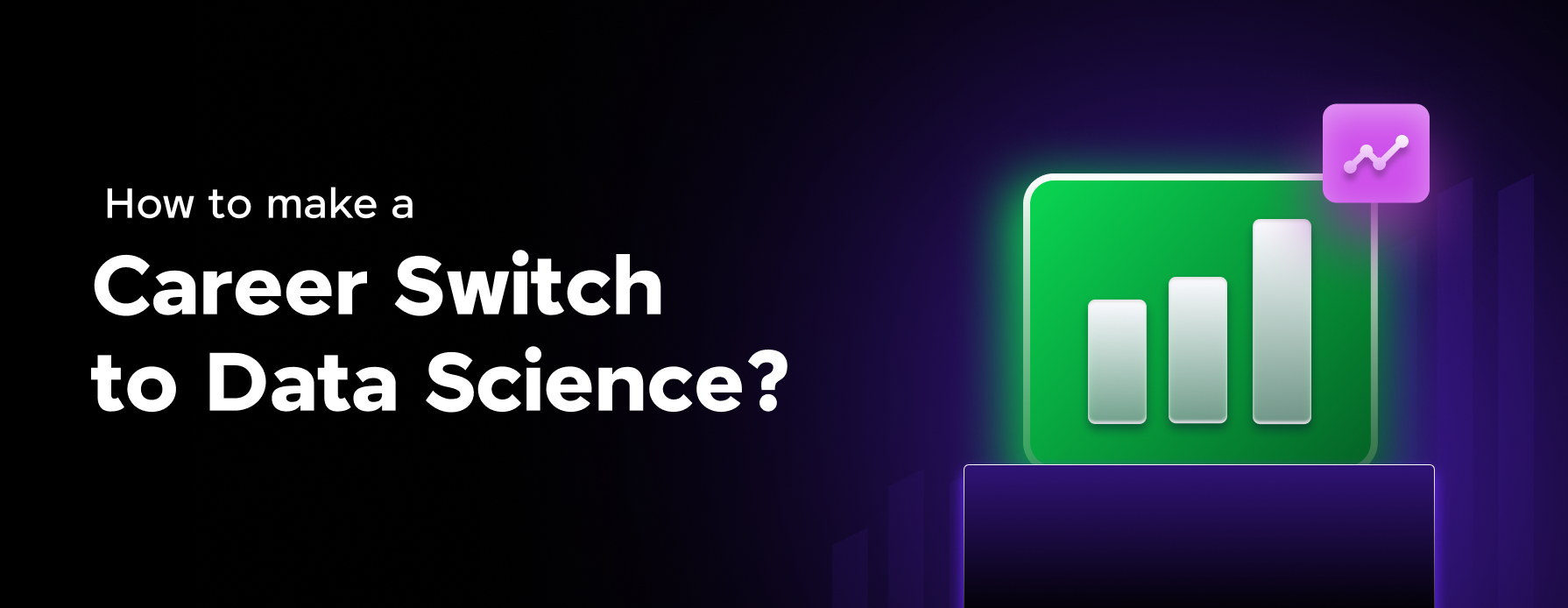
How To Make A Career Switch To Data Science?
Mar 21, 2025 4 Min Read 3439 Views
(Last Updated)
Thinking about switching to a data science career? If you’ve ever found yourself captivated by data to drive decision-making and solve complex problems, you’re not alone. Data science has become one of the most interesting fields in today’s job market, offering exciting opportunities across various industries.
However making the leap into this dynamic domain can seem daunting, especially if your background lies in a different area. So, how can you successfully transition into a data science career?
In this blog, we’ll explore the essential steps to make a smooth career switch to data science. This article will provide you with a clear roadmap to get into this innovative and rewarding profession.
Table of contents
- Why is Data Science Making Such a Buzz?
- How Can You Start as a Beginner in Data Science?
- Career Switch from IT Services to Data Science: Is it Possible?
- Case 1: Sonia Kola's Story
- Case 2: Shubham Nehete's Journey
- Case 3: Panchal's Success
- Case 4: Antoni Harrish’s Experience
- Data Science Salary in India
- Conclusion
- FAQs
- What skills do I need to transition into data science?
- Do I need a degree in data science to switch careers?
- How can I gain practical experience in data science?
- What are the best resources for learning data science?
- How do I make my resume stand out when applying for data science roles?
Why is Data Science Making Such a Buzz?
- High Demand for Skilled Professionals: Companies across various industries are increasingly relying on data-driven decision-making, creating a surge in demand for skilled data scientists who can analyze and interpret complex data.
- Data Explosion: The exponential growth of data generated by businesses, social media, IoT devices, and more has made data science crucial for extracting valuable insights that drive business strategies.
- Competitive Advantage: Organizations that effectively leverage data science gain a significant competitive edge by optimizing operations, enhancing customer experiences, and predicting market trends.
- Innovation and AI Integration: Data science is at the forefront of innovation, powering advancements in artificial intelligence, machine learning, and automation, which are transforming industries and creating new opportunities.
- Lucrative Career Opportunities: The high demand for data scientists, combined with a shortage of qualified professionals, has led to attractive salaries and career growth prospects, making it an appealing field for career switchers and new graduates alike.
11.5 million job openings by 2026 with sky-high salaries!!!
Data Science is here to stay and is in its full vigor already! With the demand for data scientists showing no immediate signs of slowing down, salaries for this position will continue to remain high, especially for those who have a degree in data science or related fields.
How Can You Start as a Beginner in Data Science?
To start as a beginner in data science, follow these essential steps:
- Build a Strong Foundation in Mathematics
- Learn linear algebra, calculus, and matrix operations.
- Study statistics, including hypothesis testing and evaluation metrics.
- Understand probability distributions and key concepts like regression and dimensionality reduction (e.g., PCA).
- Master a Programming Language
- Focus on Python or R, both widely used for data manipulation and analysis.
- Explore additional languages like Scala or MATLAB based on specific project needs.
- Acquire Domain Knowledge
- Familiarize yourself with core data science concepts, applications, and tools.
- Select tools and frameworks based on your goals, such as Jupyter Notebook, Apache Spark, or Tableau.
- Learn and Practice with Relevant Tools
- Get hands-on experience with business intelligence tools like SAP Business Objects.
- Use machine learning libraries like TensorFlow, PyTorch, and Scikit Learn for data modeling.
- Practice data visualization using tools like QlikView and D3.js.
- Work on Real-World Projects
- Apply your knowledge by working on practical data science projects.
- Participate in online competitions, contribute to open-source projects, and build a portfolio to showcase your skills.
No doubt, making a career transition midway is Big. And often overwhelming! If you are one of those technology freaks trying to make your big-time leap to Data Science from a non-IT background, then here are some transition success stories for you.
When you start pondering how to go about this big transition, get inspired by these aspirant stories that made it!
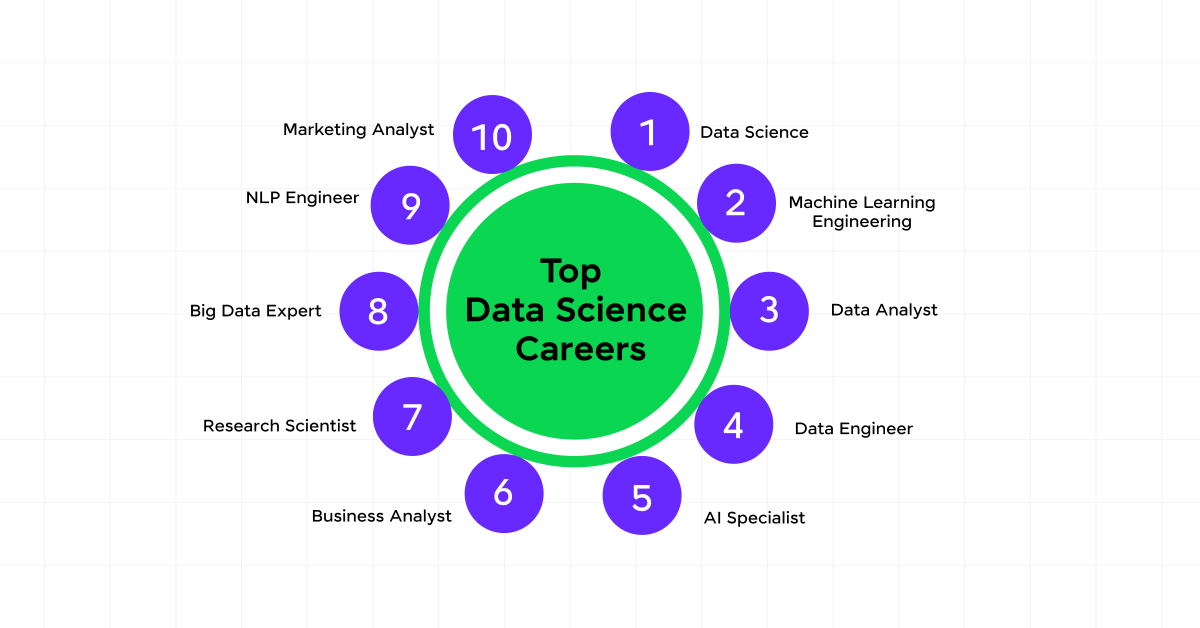
Career Switch from IT Services to Data Science: Is it Possible?
Well, of course, it is! We’ve witnessed some amazing career switches like that, and we’d love to share a few with you. But before diving into those inspiring stories, let’s emphasize the essential skills that can help you secure a data science career with ease.
As we keep mentioning, Data Scientists are professionals who collect data, analyze it, derive meaningful insights, and then process the information. But there’s more to it than just that. Anyone willing to learn data science skills can make the leap with dedication and persistence.
Don’t believe us? Hear it from our successful career transition stories! Learners from various backgrounds have made big shifts with interest and determination to achieve their goals.
Case 1: Sonia Kola’s Story
Watch Here
One of the most encouraging transition success stories is that of Sonia Kola. Previously working in IT Services, Sonia made a remarkable switch to Data Science with the support of ZEN Class, achieving a 57% salary hike. After quitting her job, she successfully transitioned into a Data Science role at AI Enterprise Software India Ltd., with the help of ZEN Class. We congratulate Sonia Kola and wish her the best in her future endeavors!
Case 2: Shubham Nehete’s Journey
Watch Here
Shubham Nehete is another techie who made a grand transition into Data Science. His journey underscores the importance of practice and persistence. The live sessions and recorded sessions played a crucial role in building his foundation in Data Science. Shubham also benefited from mock drills that provided a glimpse of the interview process in advance. His success story is a testament to the fact that top companies hire Data Analytics professionals based on knowledge and skills, even without prior coding experience.
Case 3: Panchal’s Success
Watch Here
Panchal’s journey is particularly inspiring because he came from a non-coding background. Despite being new to programming languages, he learned them all with constant support from the ZEN team and secured a lucrative position at Paripoorna Software Solution Service Pvt. Ltd. His story shows that transitioning from a non-tech to a tech career is challenging but entirely possible with dedication and the right guidance.
Case 4: Antoni Harrish’s Experience
Watch Here
Antoni Harrish, now an Analyst Programmer at Ramco, shares his journey to inspire others. He believes that mastering data science from basics to advanced levels can lead to a successful career transition. Antoni’s story highlights the importance of upskilling in the right career path to make a smooth transition into Data Science.
These success stories show that there’s no barrier to making a career switch. Whether you’re from a non-IT background or an IT background, all you need to do is get started!
While the field of data science remains a strong ground of opportunities equally for experienced professionals as well as beginners, it demands a great deal of hands-on experience with the right tools & technologies. Any interested person with any educational background and an analytical frame of mind can take up the Data Science course.
IT professionals,
Analysts & Business Managers,
Beginners, or
Research Graduates
All with no age bar can make their best career in Data Science.
So, what are the must-have skills to get started with Data Science?
- Maths & Statistics
- Analytics & Modeling
- Great Programming
- Data Visualization
- Excellent Communication
- Intellectual Curiosity &
- Machine Learning Know-how
By following these steps and focusing on the foundational areas outlined, you’ll build a strong base for a successful career in data science.
Alternatively, if you would like to explore Python through a Self-paced course, try GUVI’s Python Course.
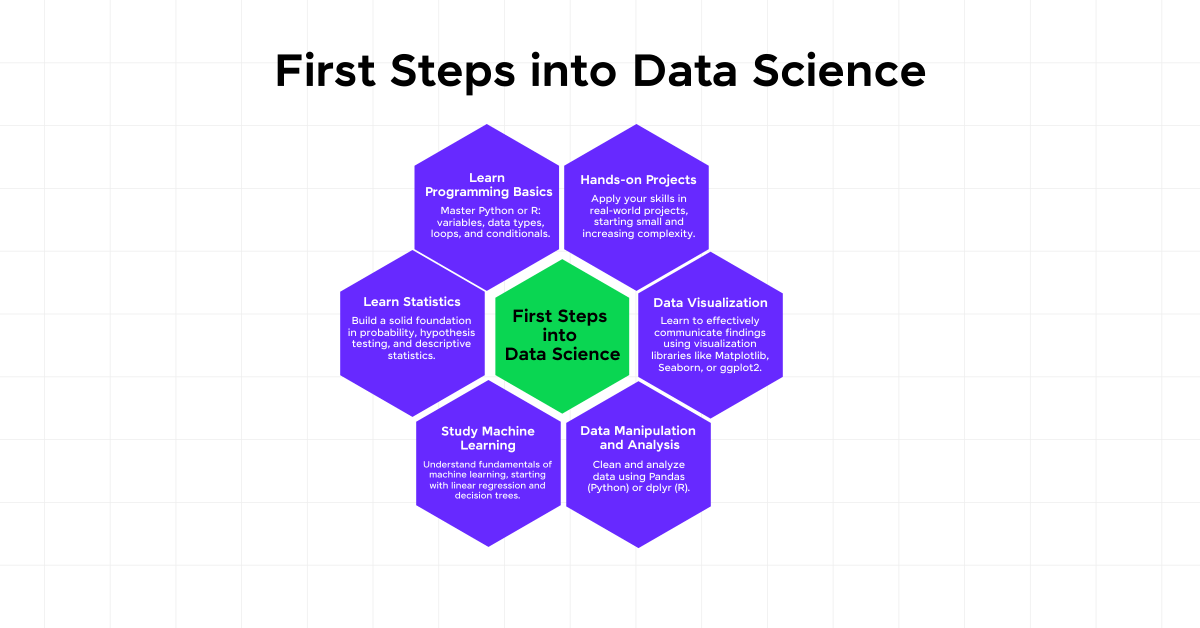
Data Science Salary in India
Data science is one of the most sought-after careers in India, with competitive salaries reflecting the growing demand for skilled professionals in this field. The average salary for data scientists in India varies significantly based on experience, as follows:
| Experience Level | Average Annual Salary (INR) |
| Entry-Level (0-2 years) | ₹4,00,000 – ₹8,00,000 |
| Mid-Level (2-5 years) | ₹8,00,000 – ₹15,00,000 |
| Senior-Level (5-10 years) | ₹15,00,000 – ₹25,00,000 |
| Lead/Manager (10+ years) | ₹25,00,000 – ₹50,00,000+ |
Conclusion
So, can I become a Data Scientist? Well, yes! Anyone willing and ready to invest his/her time and energy can become a good Data Scientist.
Do you have any questions? Feel free to comment below. Would you like to schedule a free consultation and then make a decision? Just provide your phone number, and we will call you shortly.
FAQs
To transition into data science, you’ll need a strong foundation in mathematics and statistics, proficiency in programming languages like Python or R, and knowledge of data manipulation and visualization tools such as SQL, Tableau, or Power BI. Understanding machine learning algorithms and having experience with data analysis are also crucial.
While a degree in data science or a related field can be beneficial, it’s not mandatory. Many successful data scientists come from diverse educational backgrounds. What’s important is acquiring the necessary skills, building a solid portfolio, and gaining practical experience through online courses, boot camps, or personal projects.
You can gain practical experience by working on real-world projects, participating in data science competitions on platforms like Kaggle, or contributing to open-source projects. Internships, freelance work, and collaborating with others on data-related tasks can also help build your experience.
There are many resources available, including online courses from platforms like GUVI, Coursera, edX, and Udacity. Books like “Python for Data Analysis” by Wes McKinney and “Hands-On Machine Learning with Scikit-Learn and TensorFlow” by Aurélien Géron are also valuable. Additionally, following blogs, attending webinars, and joining data science communities can help you stay updated with industry trends.
Highlight your relevant skills, projects, and any practical experience you have in data science. Include links to your GitHub portfolio, Kaggle profile, or any other platforms where your work is visible. Tailor your resume to each job by emphasizing the skills and experiences that align with the job description, and consider obtaining certifications to showcase your expertise.

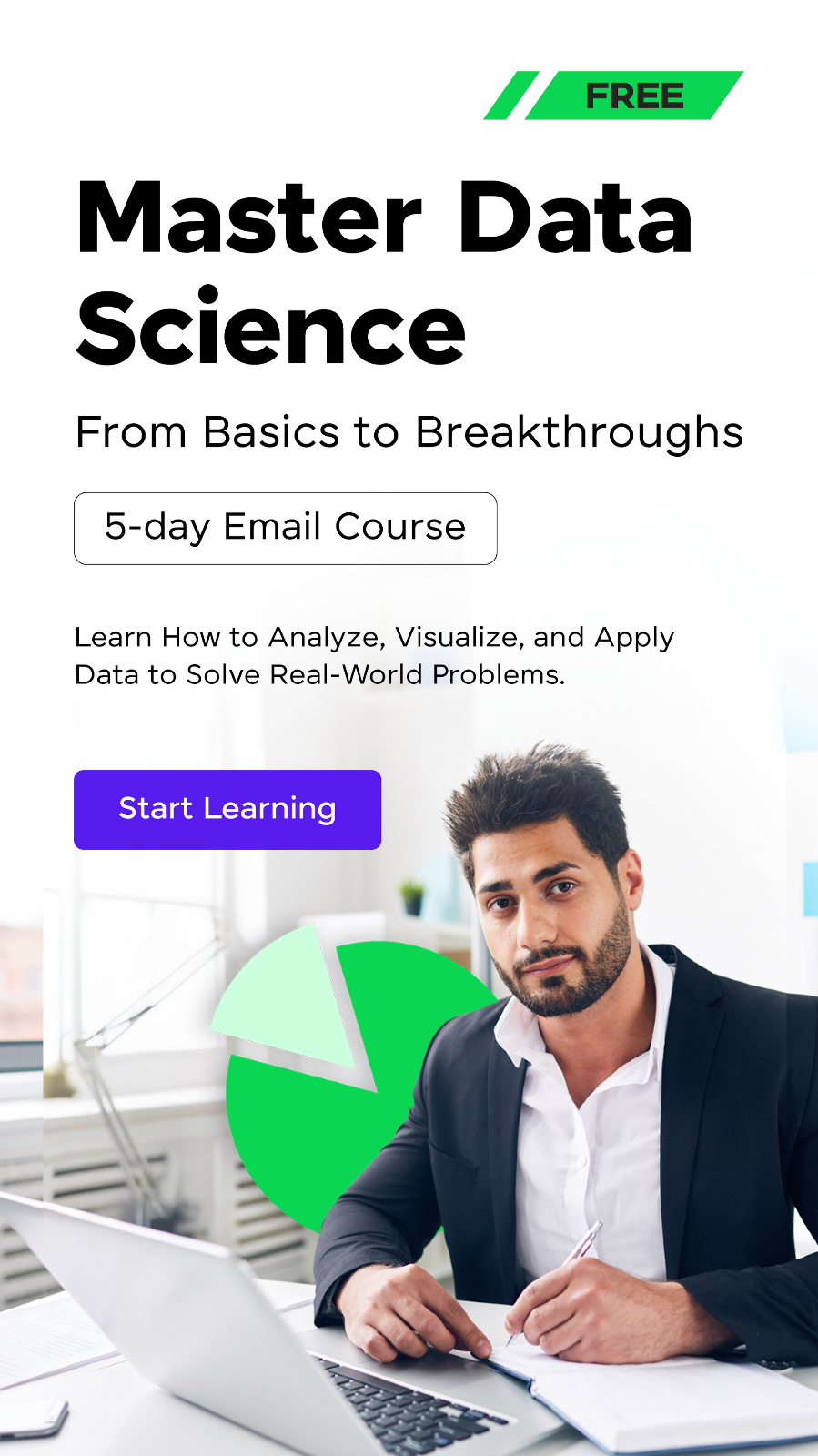



















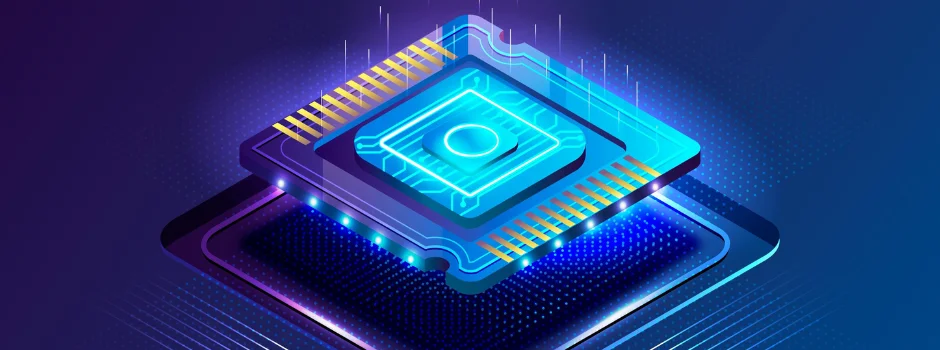
![Top 10 Mistakes to Avoid in Your Data Science Career [2025] 7 data science](https://www.guvi.in/blog/wp-content/uploads/2023/05/Beginner-mistakes-in-data-science-career.webp)
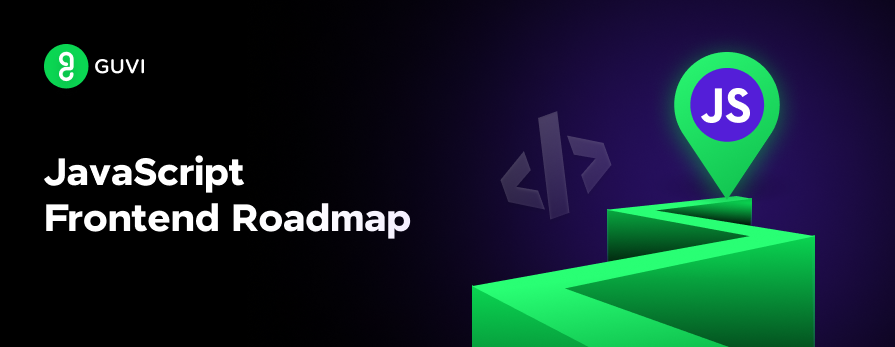

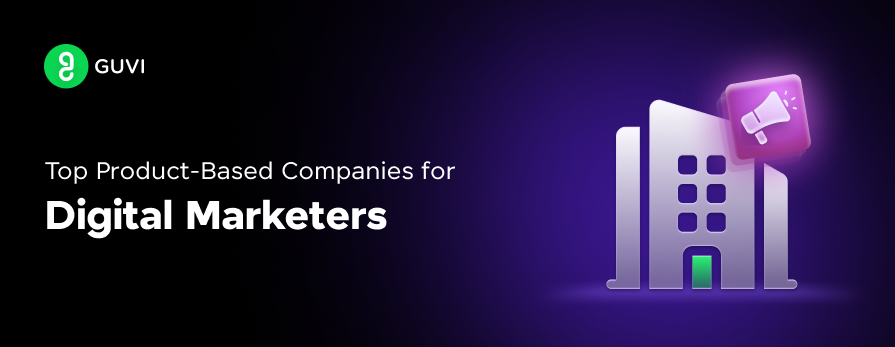
![Top React Interview Questions and Answers! [Updated] 11 React Interview Questions](https://www.guvi.in/blog/wp-content/uploads/2022/01/Top-React-Interview-Questions-and-Answers.webp)
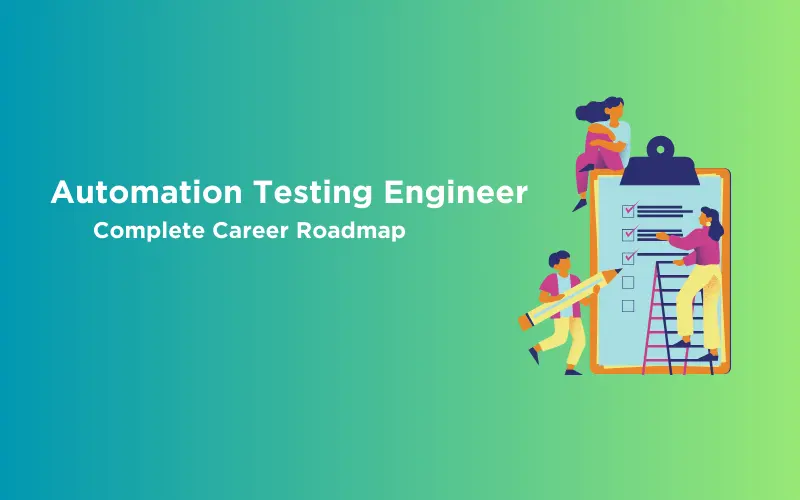
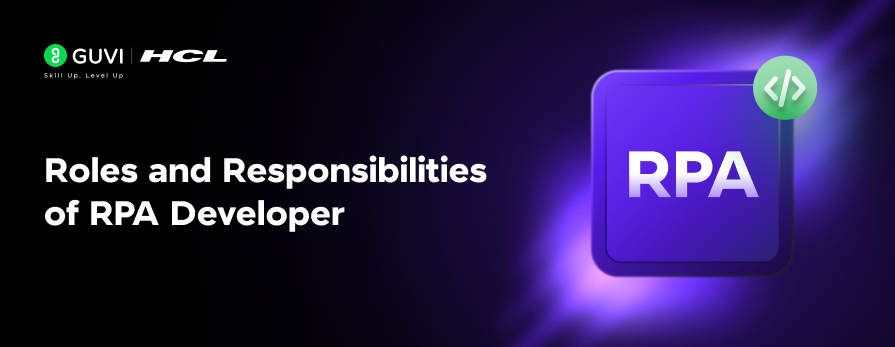
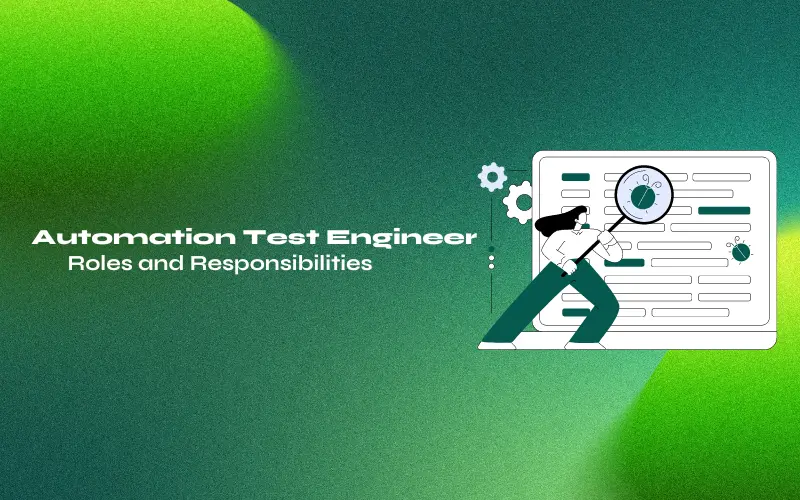

Did you enjoy this article?